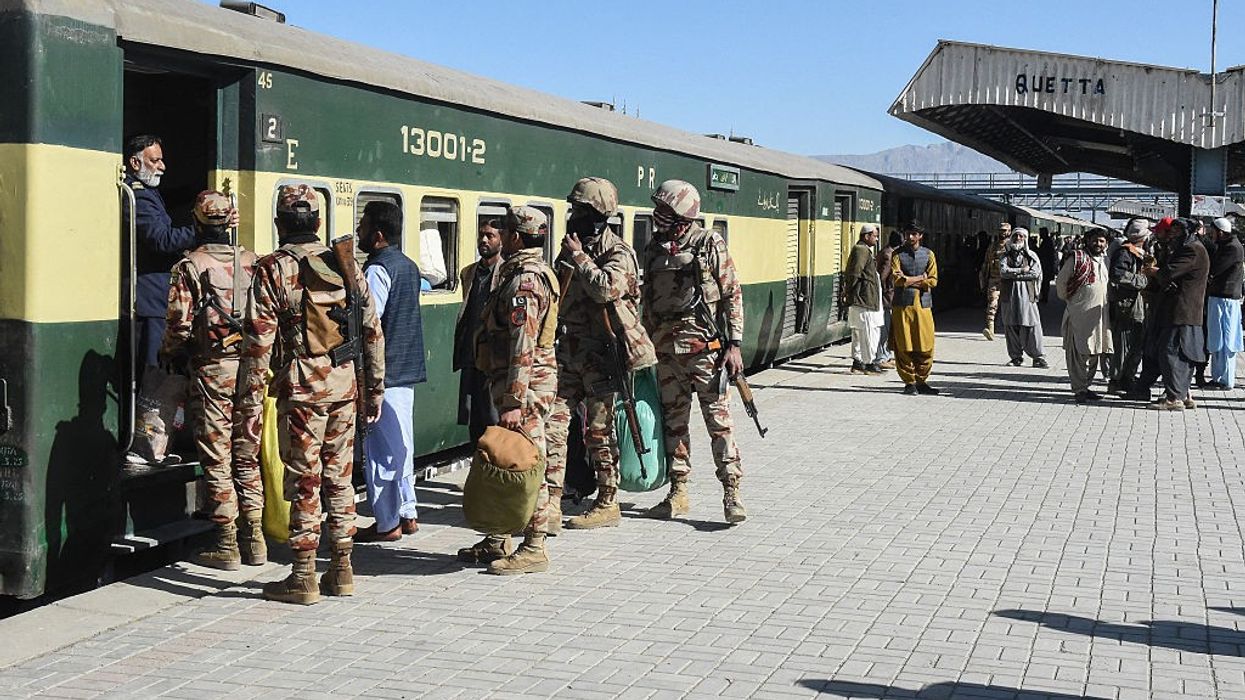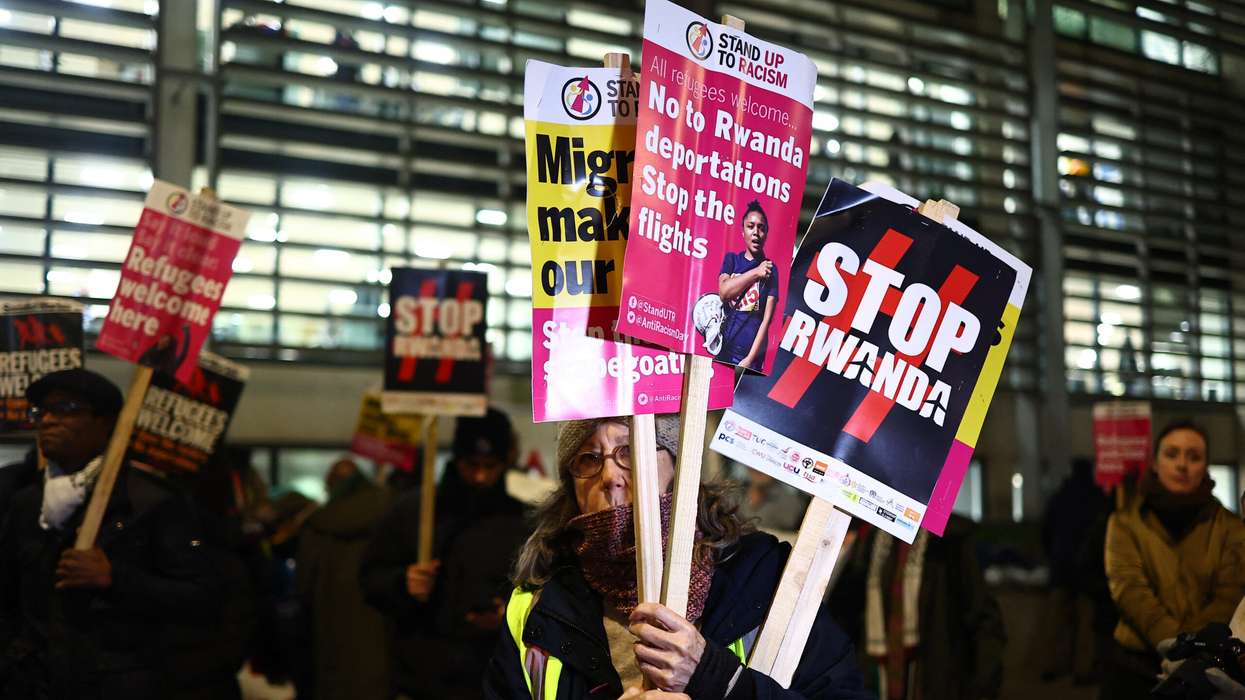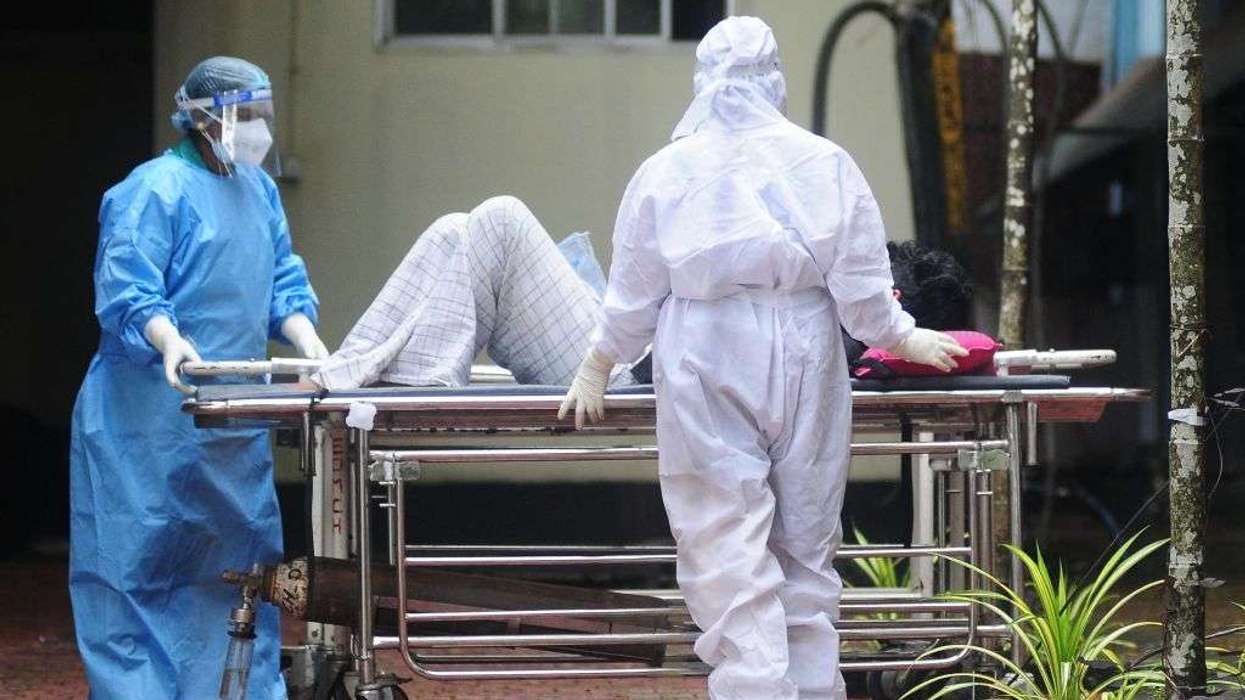PAKISTAN and the US have agreed to deepen bilateral cooperation to tackle leading militant groups, including the Balochistan Liberation Army (BLA), ISIS-Khorasan, and the Taliban.
This emerged during their bilateral counterterrorism dialogue in Islamabad on Tuesday (12), a day after the US designated the Pakistan-based BLA a Foreign Terrorist Organisation.
The dialogue was co-chaired by Nabeel Munir, Pakistan's special secretary for the UN, and Gregory D. LoGerfo, the acting coordinator for counterterrorism at the US State Department.
According to a joint statement issued after the meeting, both sides reaffirmed their shared commitment to combating terrorism in "all its forms and manifestations".
"Both delegations underscored the critical importance of developing effective approaches to terrorist threats, including those posed by the Balochistan Liberation Army, ISIS-Khorasan, and Tehreek-e-Taliban Pakistan," it said.
Reaffirming the "long-standing partnership" between Pakistan and the US, both sides stressed that "sustained and structured engagement" is vital to countering terrorism and promoting peace and stability.
The US praised Pakistan's "continued successes in containing terrorist entities that pose a threat to the peace and security of the region and the world".
Both delegations stressed the importance of building stronger institutional frameworks and developing capabilities to respond to security challenges and to counter the use of emerging technologies for terrorist purposes.
They also reaffirmed their intention to work closely in multilateral forums, including the United Nations, to "promote effective and enduring approaches to counterterrorism".
The BLA was blacklisted in 2019 following a series of deadly attacks in Pakistan, but it has continued terrorist activities, including claiming responsibility for the hijacking of the Jaffar Express this year. Pakistan has blamed India for allegedly supporting the BLA.
Pakistan-US ties have markedly improved in recent months, as evidenced by back-to-back visits of Army chief Field Marshal Asim Munir to the US and high-profile interactions, including with president Donald Trump.
(PTI)





